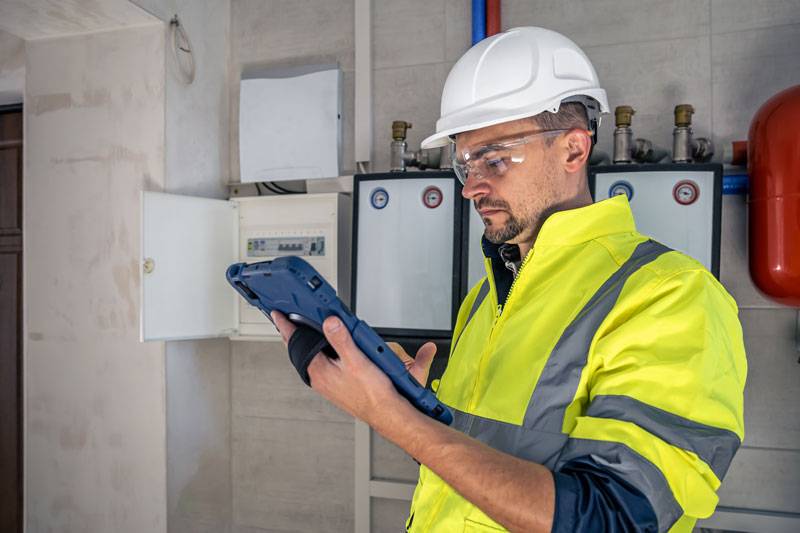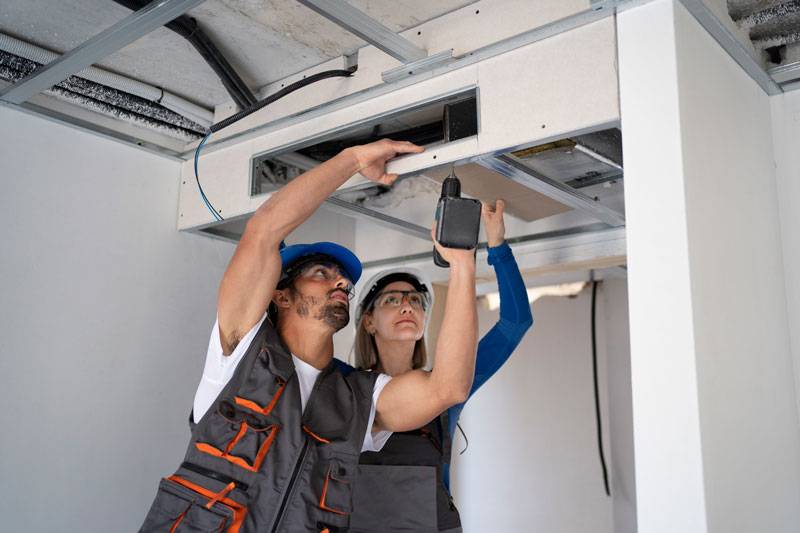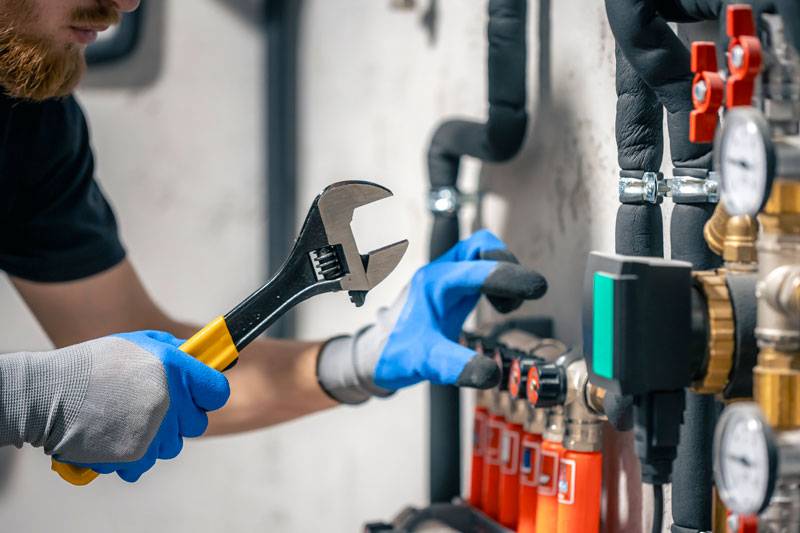Belgium has emerged as a leader in solar energy adoption, setting new records in 2023. According to the Belgian energy association, Energie Commune, the country installed 1.8 GW of new solar capacity last year, surpassing the previous record of 1.3 GW in 2022. This expansion has pushed Belgium’s total operational solar portfolio to 9.9 GW, a milestone that underscores the nation’s commitment to renewable energy.
Despite not being the largest solar market in Europe, Belgium’s per-capita solar capacity is among the highest. Trade body SolarPower Europe reported that Belgium had approximately 500W of installed solar capacity per person in 2022, with projections indicating that this figure could rise to 1,600W by 2030. By comparison, Italy, which had set a 2019 National Energy and Climate Plan (NECP) target of 800W per capita, is expected to reach less than 1,200W by the end of the decade. These figures demonstrate Belgium’s impressive progress in scaling up its solar infrastructure relative to population size.
Policy Support and Legislative Impact
Belgium’s solar growth has been propelled by supportive policies and legislative reforms. Incentives such as rooftop solar subsidies and tax reductions have played a crucial role in making solar power more economically viable for homeowners and businesses. However, with upcoming elections in 2024, the continuity of these policies remains uncertain.
Flanders has consistently led the charge in solar installations among Belgium’s three regions—Flanders, Wallonia, and Brussels. Data from Energie Commune indicates that Flanders outpaced Wallonia and Brussels significantly, particularly in the years following 2015. For instance, in 2015, Flanders added 69 MW of new solar capacity, while Wallonia and Brussels added only 37 MW and 4 MW, respectively.
A major policy shift in 2016 helped Flanders maintain its leadership. That year, regulatory approvals for new solar projects were streamlined, requiring authorization only from local distribution operators Eandis and Infrax, rather than the national Energy and Gas Regulatory Authority (VREG). This simplification accelerated project timelines and encouraged greater investment in solar energy. By 2021, Belgium’s total rooftop solar capacity had reached 99.6 GW, with 67.6 GW located in Flanders.
Economic and Social Benefits of Solar Expansion
Beyond capacity growth, Belgium has implemented measures to make solar power more accessible to its citizens. The government introduced a “social electricity” measure in 2021 to subsidize electricity and gas costs for low-income households, providing financial relief to approximately 765,000 people at a total cost of €600 million (USD 651 million). Though direct government subsidies are not sustainable in the long term, these initiatives have accelerated Belgium’s energy transition.
A notable project contributing to Belgium’s solar growth is the ASTER initiative, launched in 2022. Under this program, social housing companies in Flanders will invest €155 million (USD 168.2 million) to install rooftop solar panels at minimal cost to tenants. The plan allows local residents to use solar energy at a fixed rate of €0.2 per kWh (USD 0.22), while surplus energy is sold to the national grid. This innovative financing model ensures that solar adoption benefits a broader segment of society.











